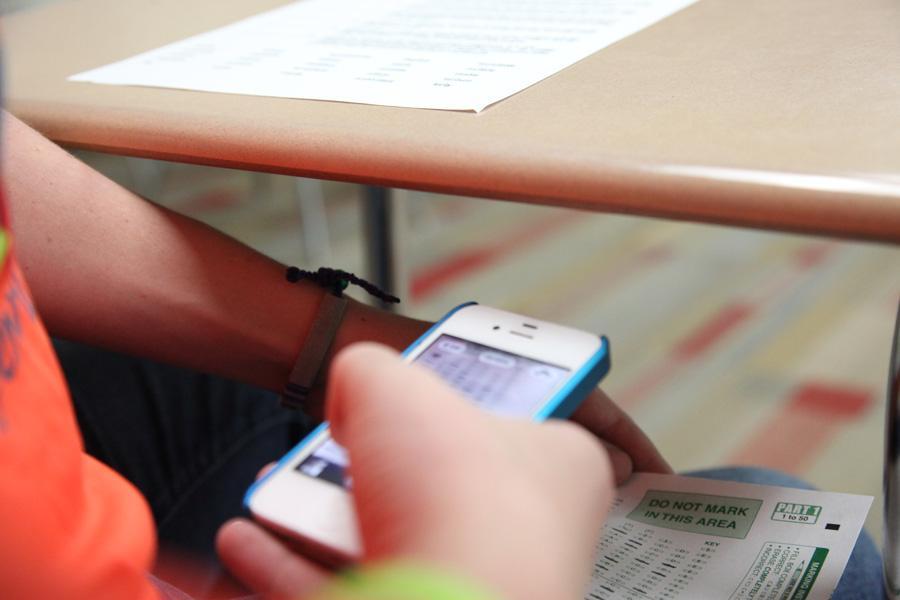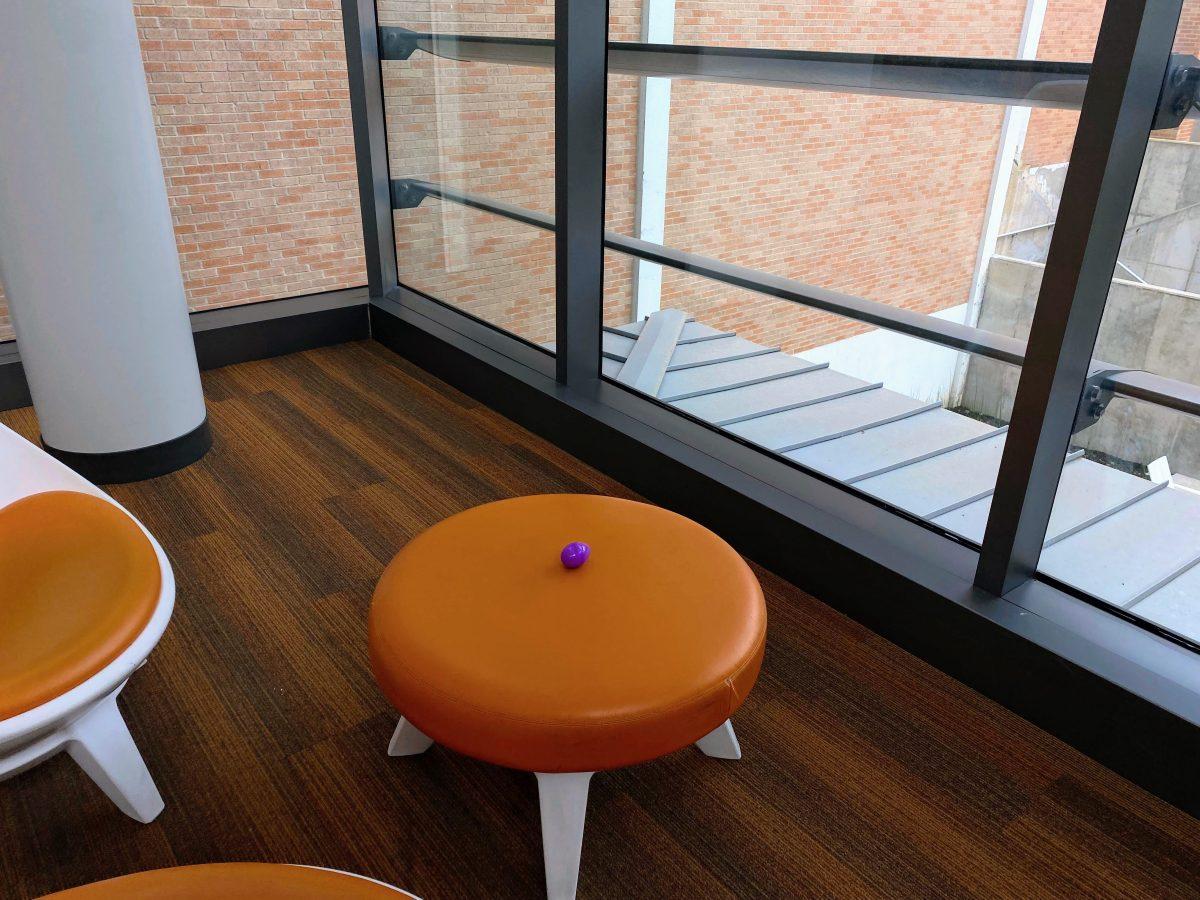
In the past few years headlines about college students being caught cheating on GroupMe and Quizlet apps have become increasingly prevalent.
Assistant Professor of Mass Communication Katharine Hubbard said that students may cheat for a variety of reasons.
“They don’t have to do the real work of learning and haven’t been caught before, so they keep doing it, which is laziness,” Hubbard said. “Some students also cheat because they feel pressured to be perfect in education and grades. I think in some cases they really don’t know they are doing something wrong.”
With technology improving, students have new convenient opportunities to cheat. The ability to have answers saved on a smart watch, use a fake calculator app, have a replacement test and use the GroupMe app to compare answers with others while taking an at-home quiz has accelerated classroom dishonesty.
Spanish professor Sujey Myers said many students cheat during online tests and use apps.
“One of the biggest [things] talked about in faculty meetings is kids taking tests online without proctors and being able to cheat because of this,” Myers said. “Another one is using Facebook or GroupMe apps to send and receive information from class members.”
Hubbard said the most creative way she’s ever seen a student cheat was changing major content words within a sentence written by another student.
“I knew they were cheating because they were using words that haven’t trended in vocabulary since the late 1800s or early 1900s,” Hubbard said.
Stiff consequences come for those students who are caught cheating. This includes dropping letter grades, failing a class, suspension or even expulsion.
Myers said she talks to her students about the consequences of cheating while going over the university policies in the syllabus.
“Normally in the beginning of the course while going over the syllabus is when I cover cheating,” Myers said. “It is in the policies of the university and I like to mention that not learning for classes they are paying for isn’t the smartest thing to do.”
Hubbard believes the best way to address cheating is to create a culture that doesn’t believe it is okay to cheat, but instead understands that it is acceptable to fail until you get it right.
“If our students believe cheating is wrong, they will be less tempted to do it,” Hubbard said. “I think creating learning environments where it’s okay to fail at something and using it as a learning experience, instead of a harshly graded punishment, could help. It would allow students to try new ways of doing things without feeling like they have to get it right the first time.”












